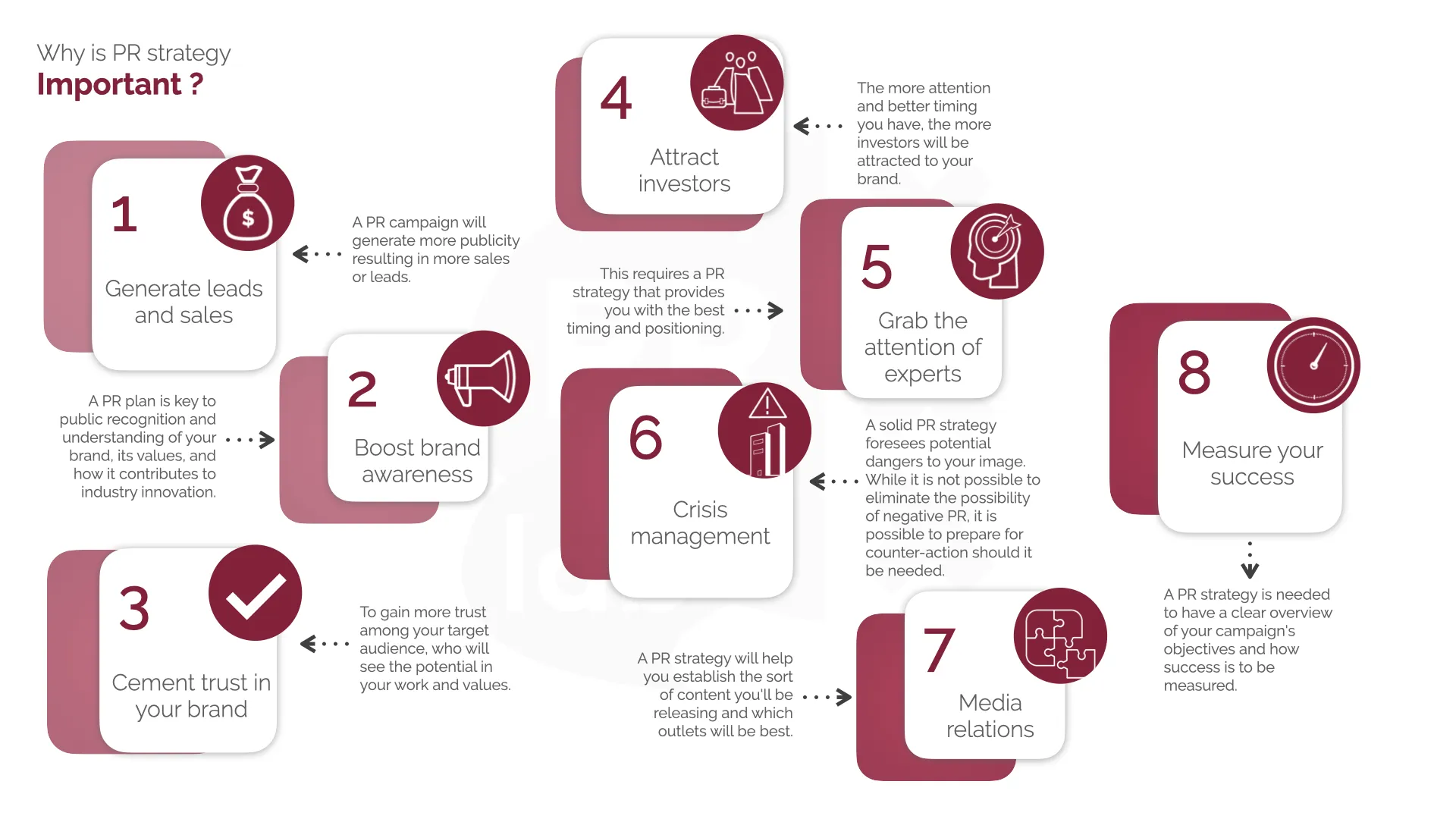The importance of feedback in communication cannot be overstated. Feedback plays a vital role in ensuring effective interactions, whether in personal relationships or professional settings. It helps clarify misunderstandings, promotes growth, and enhances overall communication skills. By embracing feedback, individuals and teams can achieve clearer communication and improved outcomes.

1. Enhances Understanding
The importance of feedback in communication begins with enhancing understanding. Feedback helps individuals and teams confirm that their messages have been received as intended. When feedback is given and received effectively, it ensures that all parties understand each other’s points of view and the intended message.
For example, if a team member is unsure about a project’s requirements, receiving feedback can clarify their doubts. Similarly, feedback allows the sender to adjust their message to better meet the recipient’s needs. Therefore, feedback serves as a tool for refining and improving communication.
2. Promotes Growth and Improvement
Feedback is crucial for promoting growth and improvement. The importance of feedback in communication lies in its ability to provide constructive criticism and positive reinforcement. When delivered thoughtfully, feedback highlights areas for improvement and acknowledges strengths, helping individuals develop their skills and competencies.
For instance, a manager’s feedback on an employee’s presentation can provide insights into areas that need enhancement, such as clarity or delivery. Positive feedback also motivates individuals to continue excelling and to apply their strengths in future tasks. Thus, feedback drives continuous personal and professional development.
3. Fosters Collaboration and Teamwork
The importance of feedback in communication extends to fostering collaboration and teamwork. Effective feedback encourages open dialogue and mutual understanding within teams. When team members share feedback, they contribute to a collaborative environment where everyone’s ideas and perspectives are valued.
In team projects, feedback helps align efforts, address challenges, and build stronger relationships. Regular feedback sessions ensure that everyone is on the same page and working towards common goals. By fostering a culture of constructive feedback, teams can enhance their collaboration and achieve better results.
4. Builds Trust and Relationships
Feedback is essential for building trust and relationships. The importance of feedback in communication involves creating a supportive environment where individuals feel comfortable sharing their thoughts and opinions. Constructive feedback demonstrates that you are invested in others’ success and value their contributions.
For example, giving and receiving feedback respectfully strengthens trust between colleagues or friends. When feedback is perceived as genuine and supportive, it enhances relationships and fosters a positive atmosphere. Building trust through feedback encourages more open and effective communication.
5. Identifies and Resolves Issues Early
The importance of feedback in communication is evident in its ability to identify and resolve issues early. Regular feedback helps address problems before they escalate, ensuring that minor issues are corrected promptly. This proactive approach prevents misunderstandings and improves overall communication effectiveness.
For instance, in a project setting, early feedback can reveal potential misalignments or errors, allowing the team to make necessary adjustments. Addressing issues early minimizes disruptions and contributes to smoother project execution. Feedback thus plays a crucial role in problem-solving and maintaining effective communication.
6. Encourages Active Listening
Active listening is a key component of the importance of feedback in communication. Providing and receiving feedback requires attentive listening and thoughtful responses. This process encourages individuals to focus on the speaker’s message and engage in meaningful dialogue.
When you actively listen during feedback sessions, you demonstrate respect and a willingness to understand the other person’s perspective. This practice fosters better communication and ensures that feedback is based on a comprehensive understanding of the situation. Active listening thus enhances the effectiveness of feedback.
Conclusion
The importance of feedback in communication lies in its ability to enhance understanding, promote growth, foster collaboration, build trust, resolve issues, and encourage active listening. By integrating feedback into communication practices, individuals and teams can achieve clearer, more effective interactions and drive continuous improvement. Embracing feedback as a constructive tool contributes to personal and professional development, strengthens relationships, and ensures successful communication outcomes.




